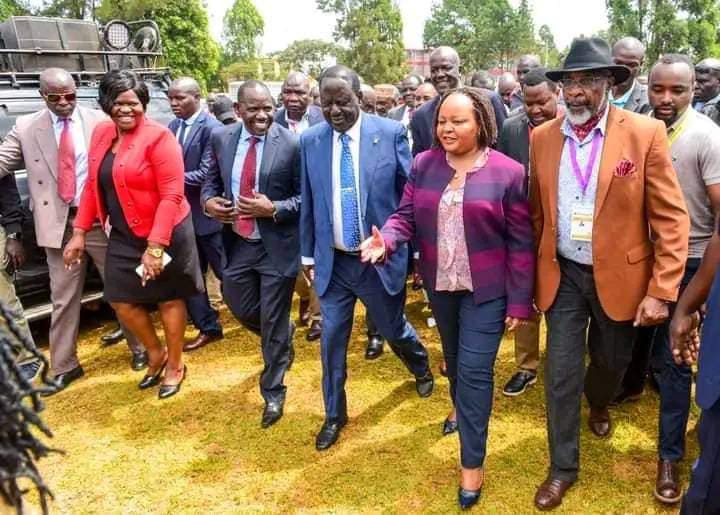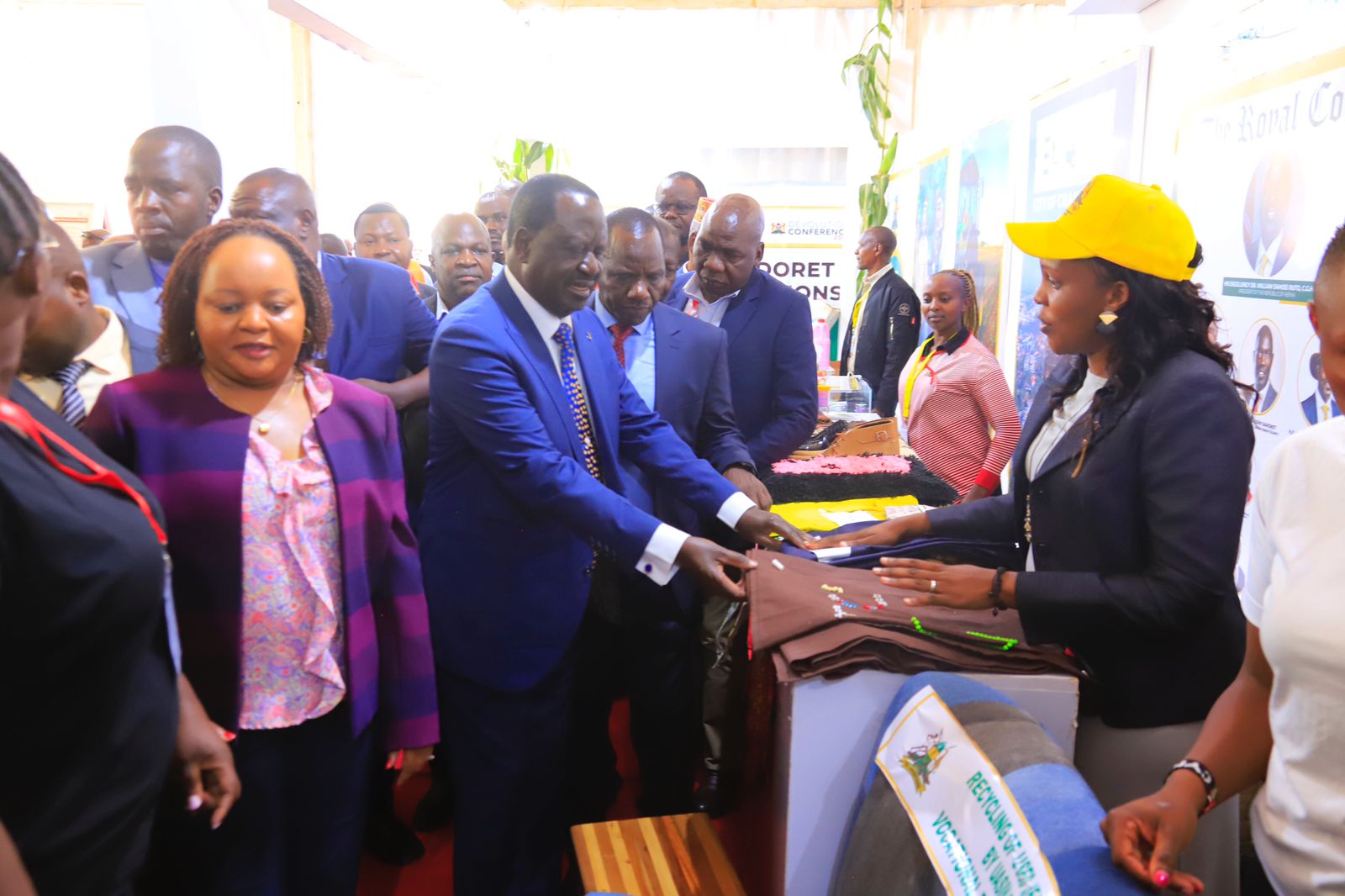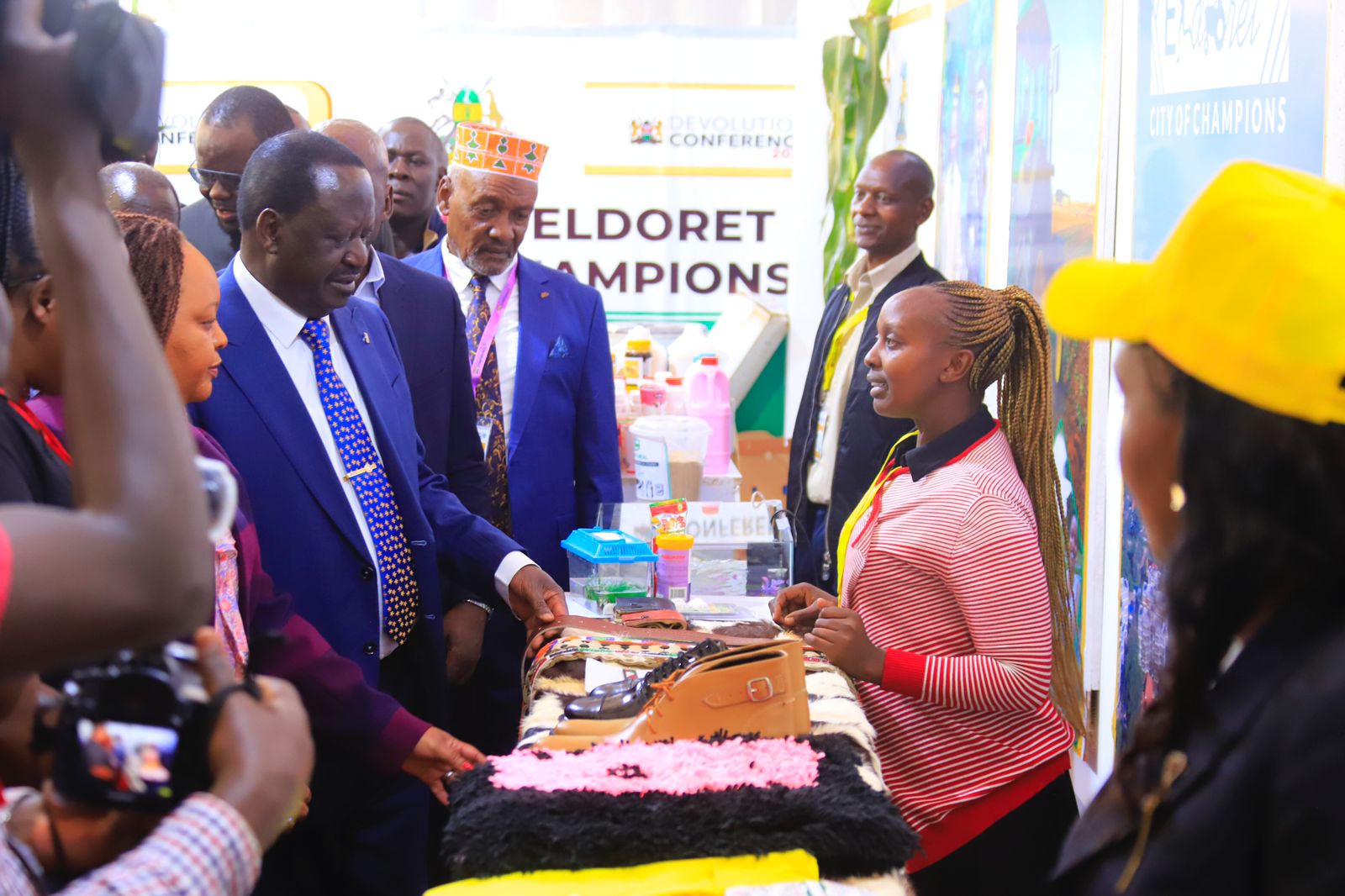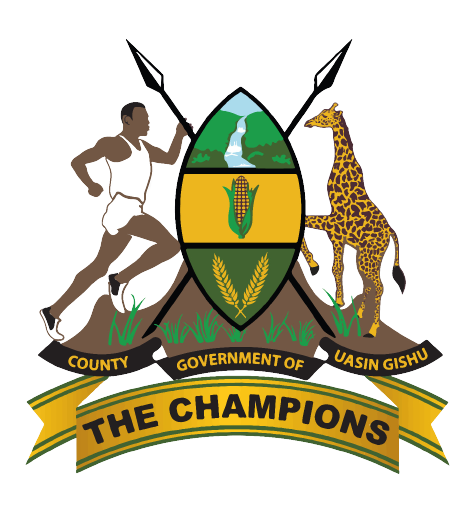Rt. Hon Raila Odinga, the former Prime Minister, made a significant contribution to the 8th devolution conference held at the Eldoret Sports Club, where he highlighted the remarkable achievements of devolution.
Odinga enthusiastically acknowledged the substantial gains of devolution over the past decade and extended his congratulations to the nation for the strides made through this decentralized system.
He stressed the importance of uplifting the lives of Kenyans and urged continued efforts to fully realize the potential of devolution.
He emphasized that doubts should not impede the advancement of tomorrow and expressed gratitude for the accomplishments of counties, which have been enabled by sufficient funding and vigilant oversight of national resources.
Moreover, the former Prime Minister applauded the leadership that has emerged as a result of devolution, underscoring its status as a resounding success and a testament to its efficacy.
“I urge collaboration among counties and the generation of revenue to directly benefit the population, enabling counties to harness further benefits from the devolution process.”
Hon. Ann Waiguru, the Chairperson of the Council of Governors, shared the transformative journey that has been embarked upon, spotlighting the ambitious bottom-up economic transformation agenda.


“It is imperative for both tiers of government to maintain coordination and cooperation, ensuring that economic growth permeates every corner of the region, leaving no one marginalized,” she emphasized.
Governor Jonathan Bii lauded the transformative power of devolution in driving economic changes at the grassroots level.
“Our efforts have enhance service delivery across the nation and ensured sustainable and impactful governance,” Bii affirmed.
Devolution has been instrumental in instigating performance management for the delivery of high-quality and sustainable services, fostering good governance practices, implementing affirmative actions, digitizing services, boosting agriculture, primary healthcare, and integrating technology, housing, trade, and youth empowerment.

